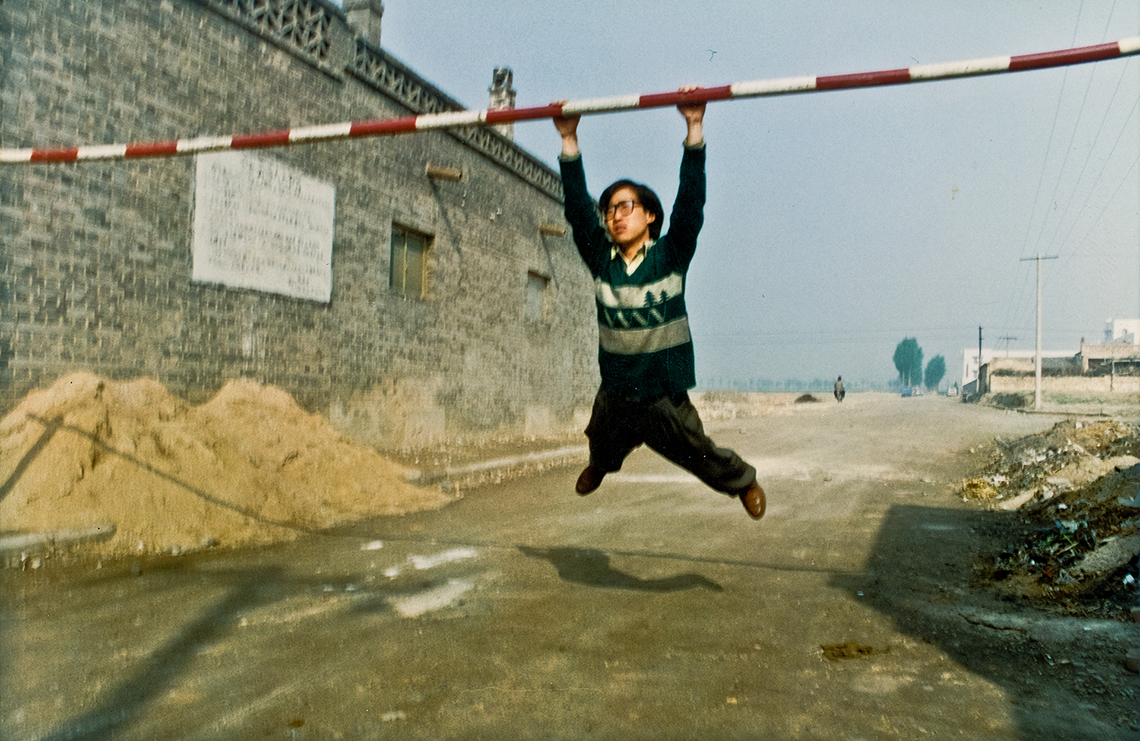The films of Jia Zhangke depict a China moving from communism to (hyper)capitalism, a rural world slowly entering the urban age, an industrialized cityscape turning to neon bars and Internet cafes, and an ancient, enclosed society looking to join the global market. His heroes and heroines are those left behind in the transition, struggling to keep up with the current of China’s transformation: disaffected youth, small-time crooks, artists, sex workers. Zhangke’s unsurpassed attentiveness to the texture of quotidian life amid a society in flux is reflected in his remarkable use of sound, which emphasizes texture over clarity, and discordant noise over clean sonance. This taste for the dissonant and gritty, against the grain of today’s cinematic sound design, is nowhere as pronounced as in his debut film, Xiao Wu. It tells the story of pickpocket Xiao Wu, who drifts aimlessly through the streets of the small town of Fenyang. In his aim to capture the sonic environment of his hometown, Zhangke, together with his loyal sound designer Zhang Yang, produced a disorientating acoustic space filled with disjointed layers of street noise and popular tunes emanating from karaoke bars, street tweeters and novelty lighters, merging into a great cacophony of alienation. “Working with sound allows me to reconnect with the empty space of traditional painting, by appealing to the viewer’s imagination. For each of my films, I have therefore taken great care to create this relationship between the figuration of the filming locations and the sound space. In Xiao Wu, I chose to combine the image with the sounds of bicycles coming and going on the road and shop loudspeakers — which at the time were replacing those that used to broadcast political slogans: for me, these sounds document the China of the late 1990s.”
“Noise in Xiao Wu is not a negative presence. It reinforces the thereness of Zhangke’s Fenyang, the inner and outer lives of his characters. Noise is articulate, just as it is in the cacophonous zones of cities around the world. Who knows if it was modernity en masse that constituted the vulgar soundscape for RM Schafer when he was predicting sonic doom in 1977... But if modernity is vulgar, what then is refined? The absence of sound, one might guess: a library, a Buddhist temple, a suburb, death. Aesthetic value judgements and speculations aside silence is, well, silent. Noise on the other hand, is fifilled with information. Noise speaks, and in the Fenyang of Xiao Wu it never shuts up. Well then, let’s listen to what it is saying.” (Morgan Quaintance)
Restored by The Film Foundation’s World Cinema Project and Cineteca di Bologna at L’Immagine Ritrovata laboratory in association with MK2 and in collaboration with Jia Zhangke. Restoration funding provided by the Hobson/Lucas Family Foundation.
